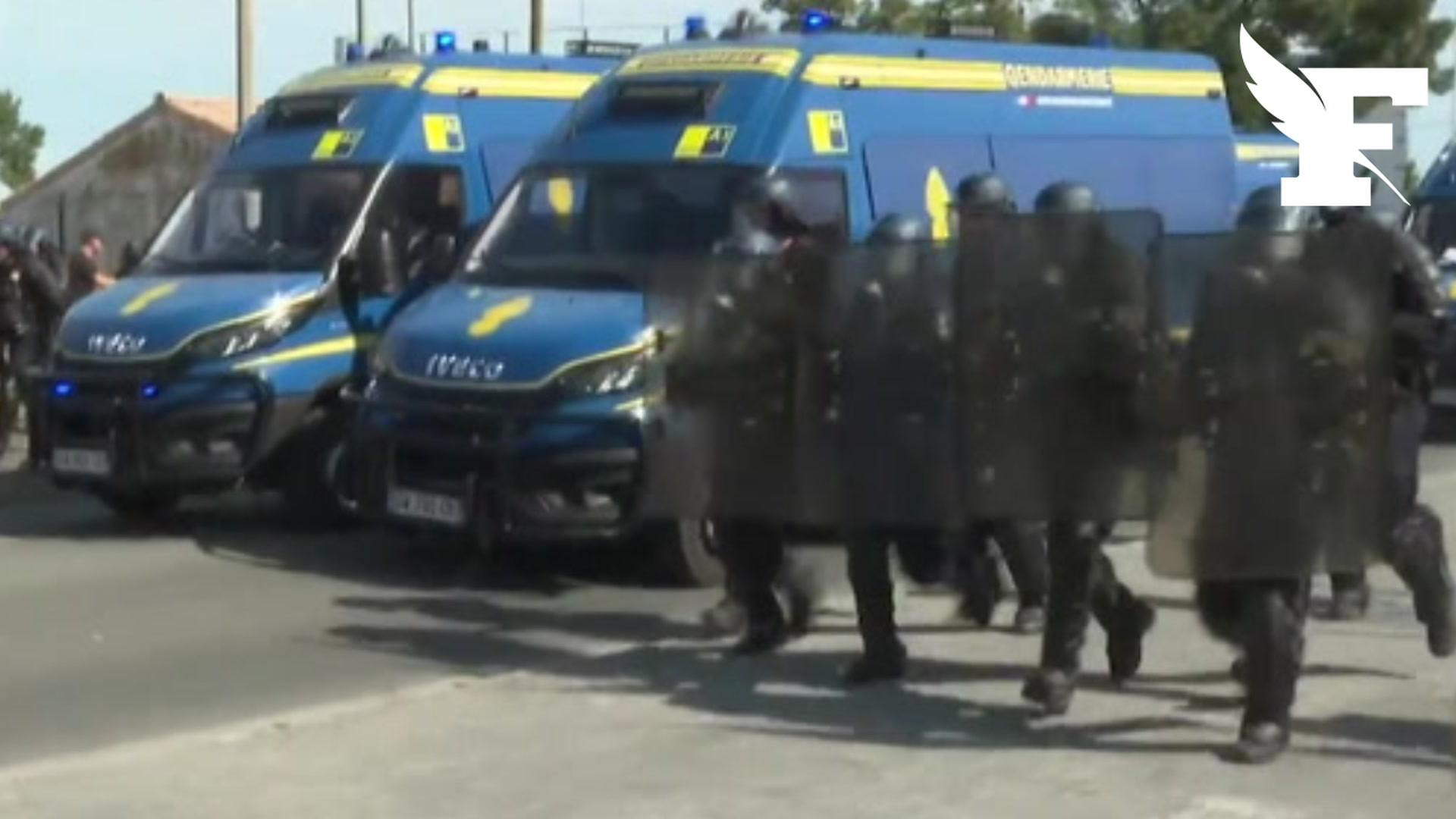
Flights resume after global IT crash wreaks havoc
"There are no long queues at the airports as we experienced yesterday," Airports of Thailand president Keerati Kitmanawat told reporters. "The scale of this outage is unprecedented, and will no doubt go down in history," said Junade Ali of Britain's Institution of Engineering and Technology, adding that the last incident approaching the same scale was in 2017.- Flight chaos -While some airports halted all flights, in others airline staff resorted to manual check-ins for passengers, leading to long lines and frustrated travellers.The US Federal Aviation Administration (FAA) initially ordered all flights grounded "regardless of destination", though airlines later said they were re-establishing their services and working through the backlog.India's largest airline Indigo said operations had been "resolved", in a statement posted on X. "We are diligently working to resume normal operations, and we expect this process to extend into the weekend," the carrier said Saturday.Low-cost carrier AirAsia said it was still trying to get back online and had been "working around the clock towards recovering its departure control systems". "While experienced users can implement the workaround, expecting millions to do so is impractical," he said.Other experts said the incident should prompt a widespread reconsideration of how reliant societies are on a handful of tech companies for such an array of services. "We need to be aware that such software can be a common cause of failure for multiple systems at the same time," said John McDermid, a professor at York University in Britain.He said infrastructure should be designed "to be resilient against such common cause problems".
Source: International New York Times July 20, 2024 22:55 UTC


